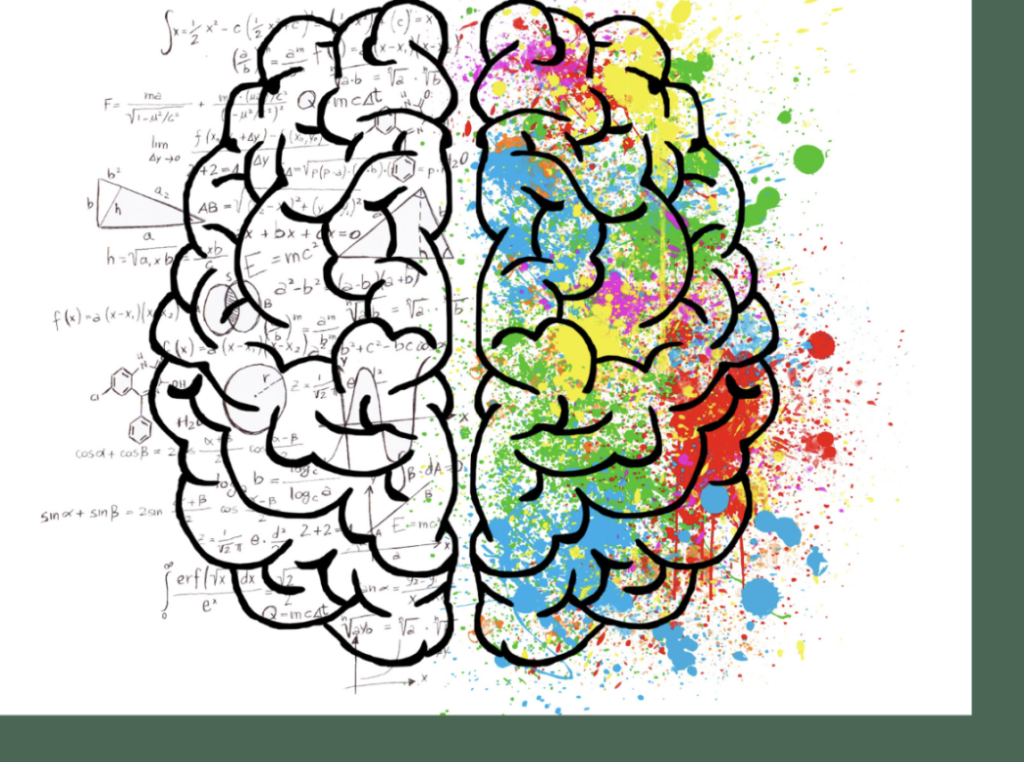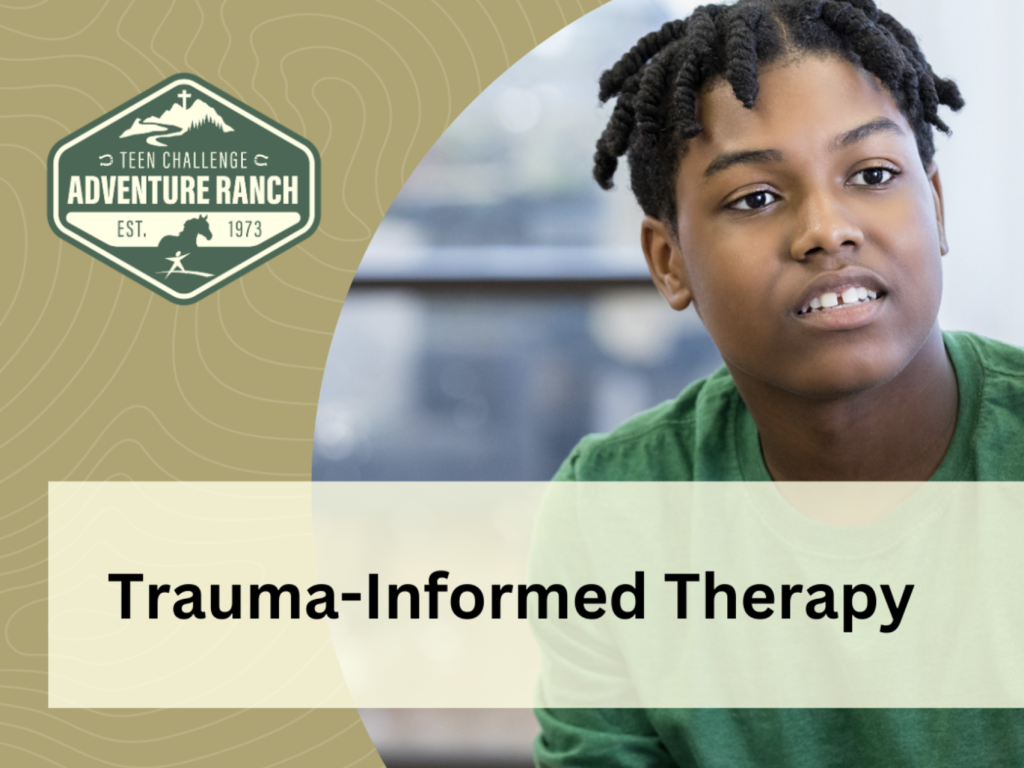Did you know that 46% of youth under the age of 17 have reported experiencing trauma? By the time they become teens, many of these youth will experience major depressive episodes, develop substance use dependencies, and develop a variety of other poor coping mechanisms.
Negative experiences like abuse or neglect, distressing interactions with caregivers, peers, or adults, serious illnesses, injuries, or a major loss can all create trauma. When these things occur during childhood, there is an increased risk of associated physical health ailments, emotional problems, and suicide.
This often looks like substance abuse problems, truancy and poor academic performance, behavior outbursts, technology addictions, social withdrawal, anxiety, depression, and problems with the law.
Children exposed to chronic stressful events can experience disrupted development, adopting negative coping mechanisms.
This stress can come from things like:
- Parent or Guardian Divorce
- Family/Caregiver Alcohol/Substance Abuse
- Family/Caregiver with Mental Illness
- Witnessing Physical Violence
- Physical, Sexual or Emotional Abuse
What is Trauma-Informed Clinical Therapy?
Trauma-informed clinical therapy is a mental health treatment that recognizes and understands the widespread impact of trauma. This approach emphasizes key principles like specialized training and selection criteria for therapy staff, practices that avoid re-traumatization, and the importance of collaboration and cooperation in treatment.
Trauma-informed therapy can incorporate various techniques, including cognitive behavioral therapy (CBT), eye movement desensitization and processing (EMDR), mindfulness, motivational interviewing, experiential therapy, and more.
How is Trauma-Informed Therapy Different from Traditional Therapy?
Therapy, or counseling, provides a structured approach to improving mental health or emotional well-being under the supervision of a mental health professional. The term therapy is an umbrella for many different practices, techniques, and modalities.
Trauma-informed therapy is one specific approach to therapy that is well-suited for individuals who need help processing, understanding, and healing from past negative experiences or trauma.

This type of therapy tailors treatment to address specific needs based on an individual’s experience, emphasizing safety, understanding, and resilience to build healthy coping mechanisms.
Trauma-informed therapy can be an effective way to address behavioral issues in teens rooted in traumatic experiences by helping the teen understand and process that trauma.
Benefits of Trauma-Informed Therapy
We believe that trauma-informed therapy provides an essential foundation for successful recovery. It helps individuals rebuild a sense of external safety and better understand their relationship to the world around them.
Trauma-based therapy also provides benefits like:
- Promotes autonomy, self-control, and emotional regulation.
- Teaches healthy coping mechanisms for sustained recovery.
- Improves interpersonal relationships.
- Provides a holistic approach to healing, addressing cultural, social, and familial contexts based on personalized experiences.
Principles of Trauma-Informed Therapy for Teens
Trauma is an emotional response to a negative life event. It’s present across all demographics, impacting individuals in all age groups, of all races and ethnicities, in every country, and at every socioeconomic level.
While we all experience trauma throughout our lives, we don’t all have the same response. How we process and respond to trauma is complex. It’s dependent on our personal history, attitudes, and beliefs as much as it is dependent on our external views and relationships.
For children and teens, the factors are even more complex because their brains are still developing–and they’re still learning where they fit into the world around them.
Understanding Trauma and Its Effects
When we experience trauma, we have a physiological response. Our brain releases hormones intended to help us respond appropriately. For example, when our personal well-being or safety is threatened, we experience a rush of adrenaline that makes our senses sharper and releases a burst of energy that can propel us into action.
But this process also changes our brain chemistry–at least in the short term.

What happens next, when we’re out of immediate danger, determines how a traumatic experience might impact our lives. And what if these traumatic events happen over and over again? For example, if a child grows up in an abusive environment, their flight or fight response may be activated over and over again, altering brain chemistry each time.
Trauma, especially in childhood, can have a significant and lasting impact on individual behavior. Here’s what’s happening:
- Sadness
- Exhaustion
- Confusion
- Anxiety
- Agitation
- Numbness
- Dissociation
- Physical Arousal
Children and teens who may not recognize these emotions often respond by demonstrating negative behaviors like:
- Attention-Seeking Dependencies
- Explosive Anger Outbursts
- Overly Sensitive Emotional Responses
- Distancing, Anxiety, and Depression
- Reckless Behavior
For example, a teen who often uses manipulative tactics to pit one parent against the other may be engaging in attention-seeking behaviors to force attention from one or both parents. This isn’t necessarily because the parent is withholding attention but maybe because the child is experiencing confusion and anxiety from a perceived or feared change in the relationship.
Trauma-based therapies focus on identifying the specific characteristics of an individual’s trauma experience and tailoring treatments to fit that specific need. This type of therapy is often effective for teens because it puts the focus on identifying and treating root causes of behaviors that might otherwise lead to relapse.
Importance of Creating a Safe Therapeutic Environment
In trauma-informed care, a significant emphasis is placed on creating a safe environment for the patient. Therapy requires vulnerability–and that requires the feeling of personal safety. For those with trauma, the perception of personal safety can be difficult to gauge.
Someone who has experienced trauma from a physical assault may be more cautious of their physical surroundings, including the presence of other people, lighting, and the ability to escape the environment. Someone who has experienced emotional trauma may be more cautious of sharing personal details in conversation. In both cases, it becomes the therapist’s job to establish a safe environment that meets the specific personal safety needs of the client.
Empowerment and Collaboration
Trauma often leaves individuals feeling powerless and out of control. Empowerment in therapy helps restore a sense of agency and control over one’s life. It enables clients to recognize their strengths, make choices, and have a say in their treatment process, which is vital for healing from trauma.

In trauma-informed therapy for teens, the therapist might use techniques like:
- Client-Centered Goal Setting
- Validation
- Encouraging Self-Efficacy
- Shared Decision Making
- Psychoeducation
- Skill Building
- Reflective Listening
- Normalizing (De-Stigmatizing)
- Cultivating Hope and Positivity
- Boundary Setting
- Assertiveness Training
- Encouraging Autonomy in Coping
The idea is that therapy is most effective when the therapist has the full participation of the client. Techniques that focus on empowerment and collaboration encourage that participation.
Cultural Sensitivity
Different cultures may have varying interpretations and understandings of trauma. What is considered traumatic in one culture might not be viewed similarly in another. Cultural sensitivity allows therapists to understand and respect these differences.
People from different cultures express and cope with trauma in different ways. Some cultures may emphasize stoicism, while others encourage open expression of emotions. Understanding these cultural norms helps therapists tailor their approach more effectively and respectfully.
The role of cultural sensitivity in trauma-informed care aims to build trust and rapport while avoiding unintentional misunderstandings arising from cultural nuances.
Holistic and Individualized Approach
The fundamental approach of trauma-based therapy is holistic (treating the whole person) in nature. A holistic approach addresses all these aspects, recognizing that healing from trauma involves more than just talking about the traumatic event. It might include techniques for physical wellness, emotional regulation, cognitive restructuring, and spiritual healing, if applicable.
Trauma-Based Therapy vs. Other Therapeutic Models |
|
|
Trauma-Based Therapy |
Other Therapeutic Models |
|
Individualized Approach |
One-Size-Fits-All Approach |
|
Integration of Multiple Treatment Methods |
Heavily Focused on Traditional Talk Therapy |
|
Focuses on an individual’s strengths, resources, and preferences |
Focuses on expected social norms |
|
Recognizes and respects cultural, societal, and personal backgrounds |
Not a central focus of traditional client-patient therapeutic sessions |
|
Addresses Root Causes and Wider Implications |
Narrow focus on issues initiating treatment |
|
Emphasizes the importance of building strong therapeutic relationships |
Maintains professional separation between therapists and clients |
Is Trauma-Based Therapy Right for Your Teen?
Trauma-based or trauma-informed therapy is an approach that takes a holistic approach to treating an individual based on personal experiences. For teens struggling with complex emotional development roadblocks, this type of individualized approach can be very successful in healing past trauma as well as encouraging future self-growth.
At Teen Challenge Adventure Ranch, we provide a clinical therapeutic environment that utilizes trauma-informed care as the standard of care for every patient. This means that our staff of licensed therapists have received specialized training in the purpose and use of trauma-informed care.
Teens in our program will receive exposure to various therapeutic modalities delivered in both individualized and group settings by licensed clinical therapists. Additionally, each student is assigned a therapist to work with them to individualize their treatment plan according to personal goals and individual histories.
If you need help with a teenage boy between the ages of 14-17,
contact our admissions team today.
Teen Challenge Adventure Ranch offers a 9-month residential therapeutic program centered around trauma-informed clinical therapy supplemented with outdoor adventure, academic recovery, equine therapy, family involvement, and much more.
Learn more about our program, which is broken down into three stages.
The first 90 days is a residential program at our facility that focuses on providing therapy-intensive stabilization. Immediately after completing this stage, students progress into a six-month boarding school program at our facility that focuses on sober living, academic recovery, and self-growth. During this time, we are equipping students and families with the tools they need to navigate life once they leave our program.
Once students have completed the boarding school stage, it is time for them to launch. For some students, this means going back home–for others, it means taking the next step in their adult lives. For the next six months, students will remain in Aftercare, a supervised off-campus program with regular follow-up from a designated case manager.



